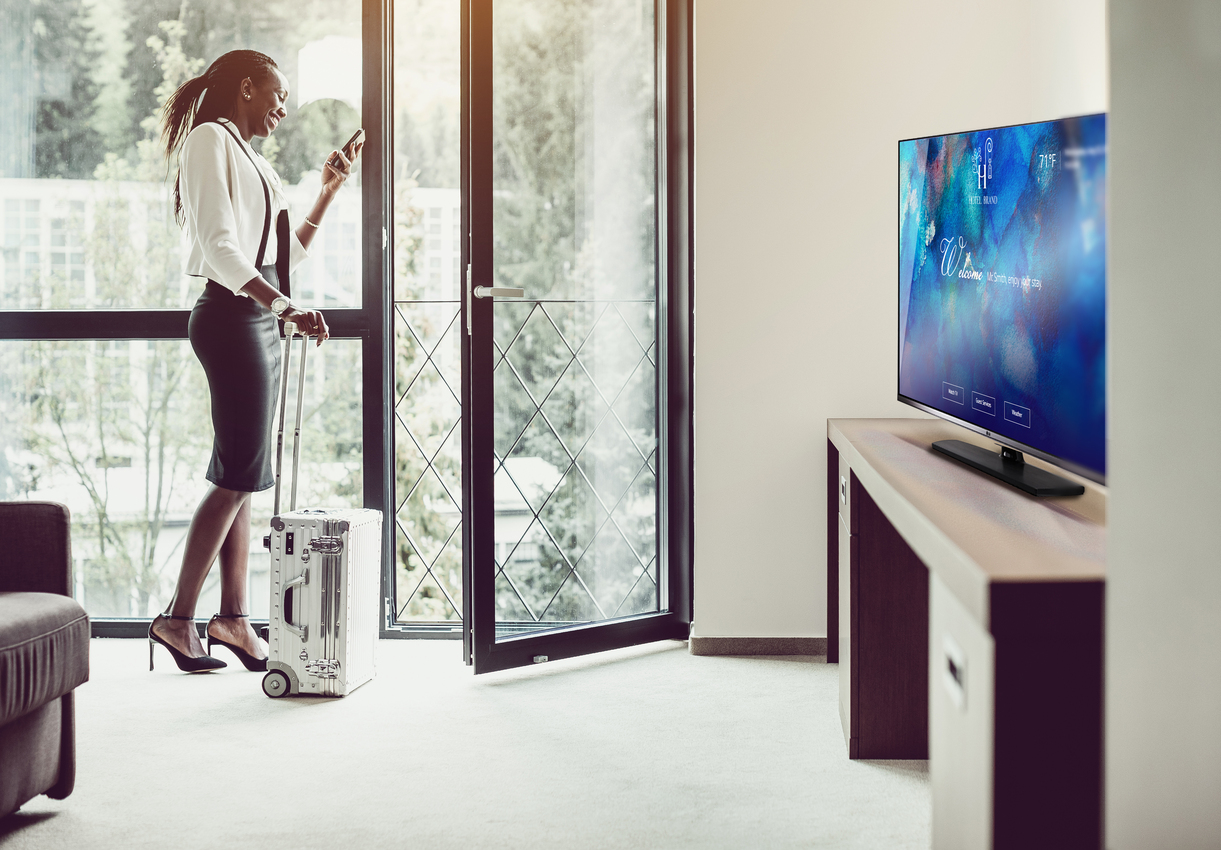The Evolution of Hotel In-Room Entertainment

Skift Take
A 2013 Skift Research report predicted that improving in-room entertainment would be a major point of emphasis for hotel industry executives, as digital devices were expected to become an even bigger part of the travel experience.
Skift Research also projected that bring your own entertainment — such as laptops and smartphones — would become more popular with travelers while hotels could also look to incorporate streaming services like Netflix and Hulu into guest room TVs. Streaming services have indeed become increasingly popular with consumers in recent years, with 85 percent of U.S. households having at least one video streaming subscription. In addition, the streaming industry is expected to be worth $330 billion by 2030.
So how has the landscape regarding in-room entertainment changed since that 2013 report? Have hotels provided more in-room entertainment options for their guests over the last decade? Are hotels also looking to virtual assistant technology like Amazon Alexa to entertain customers? Here's a brief look at the evolution of in-room hotel entertainment throughout the years as well as possible future developments in the sector.
Hotels and Streaming ServicesMarriott became in June 2015 the first hotel chain to permit guests to watch Netflix from guest room TVs. It worked with hospitality technology company Enseo to allow customers to sign into their Netflix accounts in their in-room TVs. The hotel giant sought to sign con

